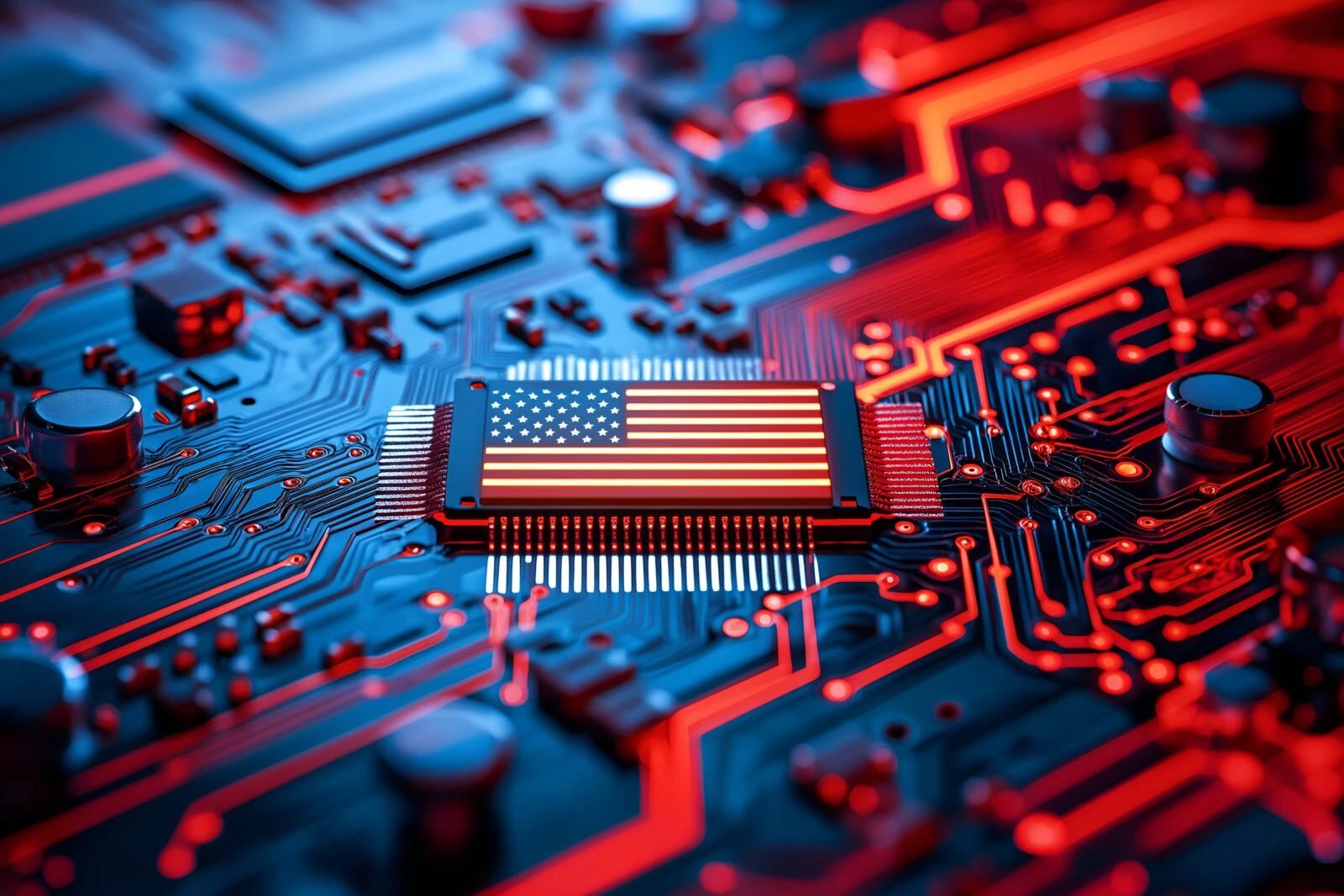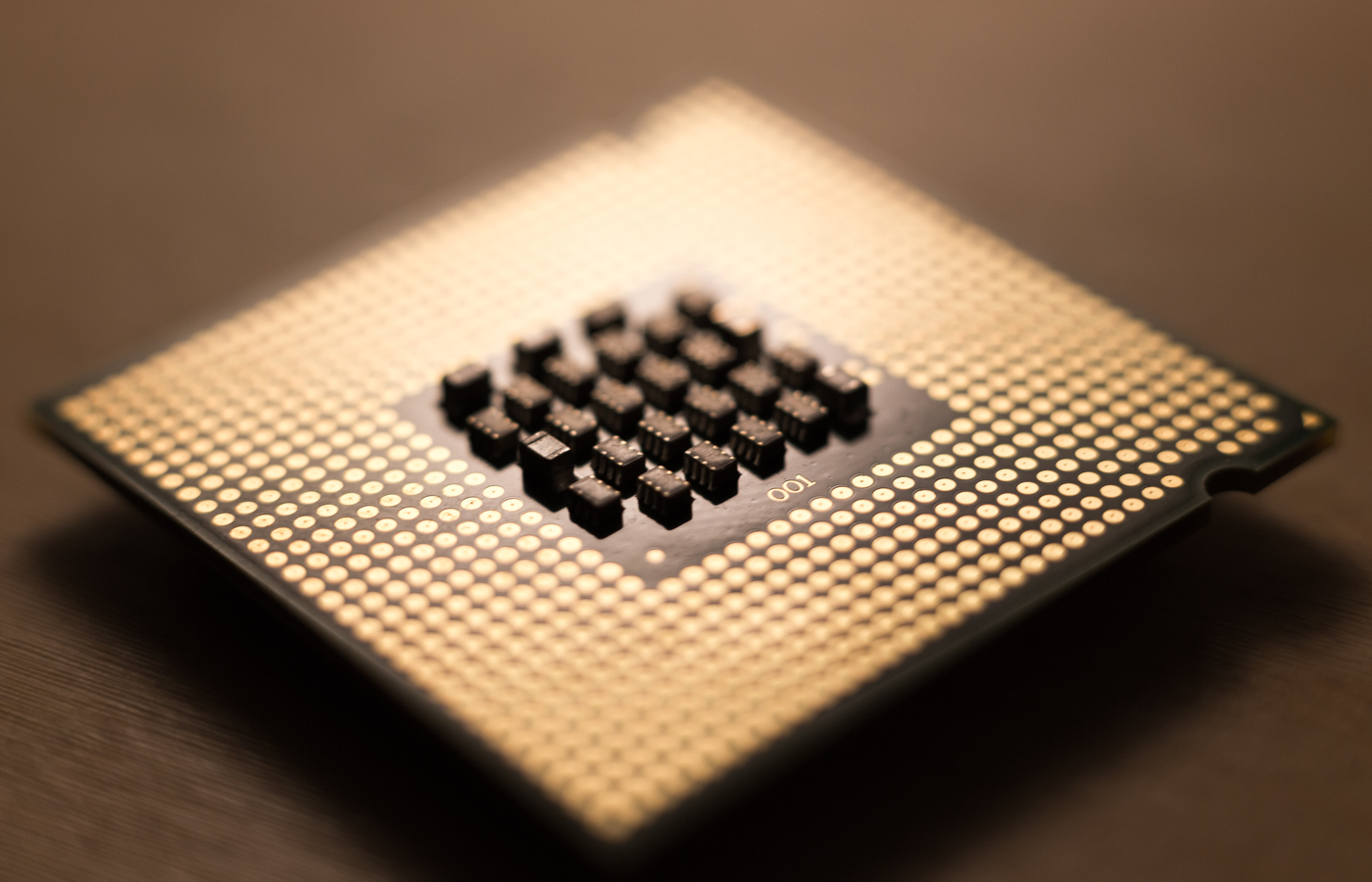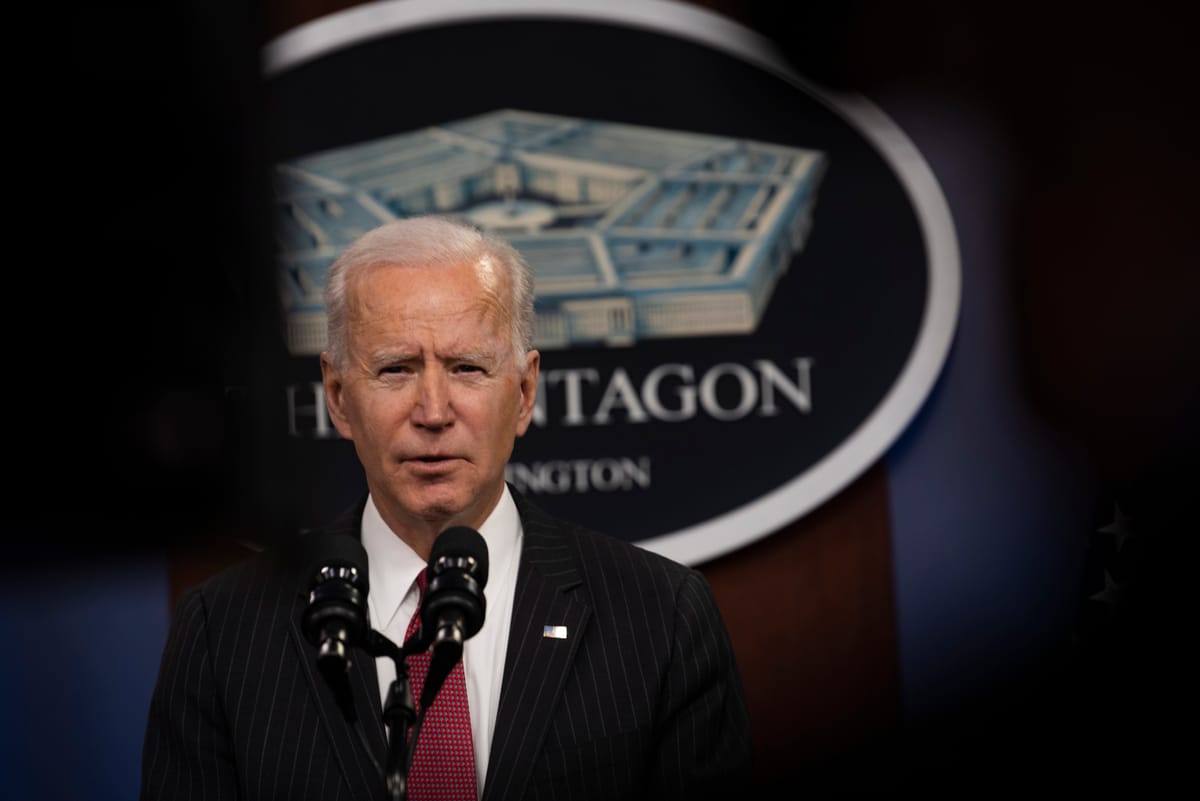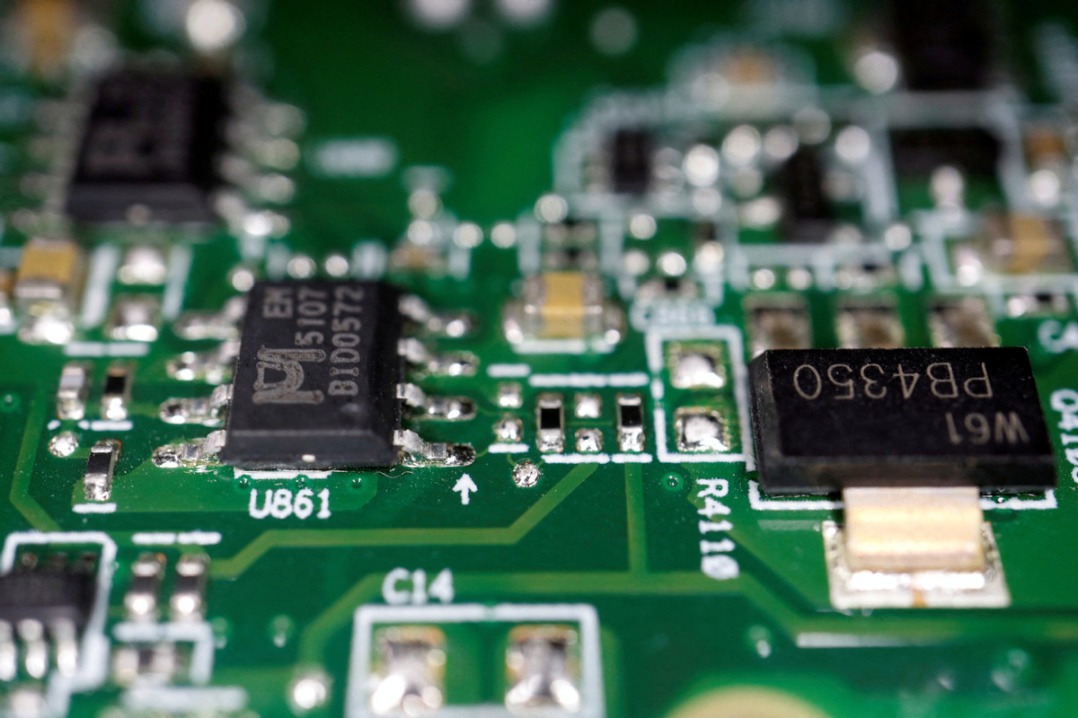















On January 14, 2025, the United States finalized a significant rule banning the import and sale of connected cars and related technology from China and Russia, citing national security risks. This regulation prohibits connected vehicle systems developed by entities linked to these countries, including vehicle connectivity systems (VCS) and automated driving systems (ADS). Outgoing President Joe Biden emphasized the importance of keeping technologies manufactured in China and Russia away from U.S. vehicles, with software restrictions set to take effect for the model year 2027 and hardware controls beginning in 2030 [431c9b07].
In a parallel development, on January 16, 2025, the Biden administration proposed new export rules for advanced AI chips, termed the "Artificial Intelligence Diffusion" Rule. These restrictions primarily target China but will affect 120 countries, including Mexico, Portugal, Israel, and Switzerland. Commerce Secretary Gina Raimondo stated that these regulations aim to prevent adversaries from using U.S. technology for advanced AI systems [1cbd7fcb].
The measures aim to counter China's AI development, which is perceived as a threat to U.S. hegemony. National Security Advisor Jake Sullivan emphasized the need to maintain U.S. leadership in AI, reflecting a broader military and economic strategy against China [2ee14470].
However, on January 22, 2025, President Donald Trump repealed Biden's 2023 AI regulations on his first day in office. Biden's order had required federal vetting of AI models from companies like OpenAI and Google, and established chief AI officers in federal agencies. Trump's repeal signifies a shift towards lighter regulations, which could impact the landscape of AI governance in the U.S. [c0bedd9a].
The proposed AI chip export framework aims to balance national security with economic interests. This framework primarily focuses on limiting access to China while granting unrestricted access to 20 key allies, raising concerns among chip industry executives and EU officials about restrictions affecting 120 countries [b7120151][66789047].
Notably, the U.S. has introduced new restrictions on exporting advanced AI chips to Czechia, categorizing it in a second-tier group with stricter regulations than many Western European countries. This move aims to prevent adversaries like Russia and China from accessing cutting-edge AI technology. The European Commission criticized the U.S. for not acting in a 'unified manner' with the EU, warning it could create technological 'winners' and 'losers.' Consequently, 17 EU member states, including Czechia, face limited access to AI chips, while 10 others have fewer restrictions [86a753ba].
On January 18, 2025, the Biden administration announced a new AI policy categorizing Türkiye among restricted nations for accessing advanced AI technology, despite its NATO membership. The framework limits Turkish entities to 50,000 GPUs, while 18 nations receive unrestricted access. Türkiye can potentially double its GPU allocation to 100,000 through government agreements. Organizations can apply for enhanced access, allowing up to 320,000 GPUs over two years under strict security measures. The policy emphasizes national security and economic competitiveness, with a timeline for AI infrastructure development set for completion by 2027. Criticism has arisen from the EU and tech companies like Nvidia, who argue the regulations could hinder innovation [38e80107].
The new chip regulations establish a three-tier system for chip sales, allowing 20 key allies, such as Australia, Germany, and the UK, to face no restrictions, while other nations will encounter various limitations. This includes significant restrictions on U.S. cloud providers deploying AI computing power outside the United States [e4d62d15].
However, the proposed export controls have drawn significant backlash from industry leaders. NVIDIA's VP Ned Finkle criticized the restrictions as "misguided" and a "sweeping overreach," claiming they threaten global AI progress and U.S. competitiveness. The Semiconductor Industry Association (SIA) expressed concern over potential lasting damage to the U.S. economy, highlighting that Nvidia's stock dropped 2% following the announcement, with Finkle arguing that the rules threaten innovation [ef435da4][a41f3f2f].
The latest measures have already impacted the stock market significantly, with Nvidia's stock dropping over 4% to $134.4 and AMD's stock falling nearly 6% to $114.6. Goldman Sachs has lowered AMD's rating from 'buy' to 'neutral,' adjusting the target price to $129. This turmoil reflects the broader geopolitical tensions affecting tech markets and raises concerns about a potential slowdown in sustainable tech development, as companies may pivot to less regulated markets [9f2891d9].
While both sets of regulations have garnered bipartisan support, they have also faced criticism from major U.S. tech firms and industry groups. John Neuffer, President of the Semiconductor Industry Association (SIA), expressed disappointment over the rushed policy shift before a presidential transition, warning that it could harm the U.S. economy and global competitiveness [225c0167][81b8aacf].
The global AI chip market was valued at $73.27 billion in 2024 and is projected to exceed $927.76 billion by 2034, highlighting the stakes involved in these new regulations [6158f201].
The proposed AI chip export framework includes a 120-day comment period for the incoming Republican administration to influence the final rules. Stephen Ezell urged the incoming Trump administration to withdraw the policy, warning that these restrictions could potentially damage global supply chains, as evidenced by GDS Holdings stock dropping over 18% following the announcement [b7120151][66789047].
In the context of these developments, the outgoing Biden administration's "Framework for Artificial Intelligence Diffusion" has categorized countries based on their trustworthiness with the U.S., impacting India's AI industry significantly. India expected a tier-1 classification but received tier-2 status, which restricts GPU imports unless hosted in secure environments. This classification reflects a transactional foreign policy approach reminiscent of the Trump administration and could serve as a tool of diplomatic coercion, tying tech access to political alignment. India plans to procure 10,000 GPUs, but U.S. restrictions may hinder its global competitiveness and complicate diplomatic relations [307a4ef4].
As the semiconductor industry grapples with the challenges of balancing national security concerns with the need for economic growth, the Biden administration's approach to both AI chip exports and the ban on Chinese technology in smart cars highlights the delicate balance between these competing interests. The implications of these regulations will likely resonate throughout the tech and automotive industries, shaping future policies and international relations [74032be9].
In Europe, Clara Chappaz, France's first minister of AI, criticized the EU AI Act, advocating for regulation as a tool for innovation rather than a hindrance. IBM CEO Arvind Krishna called for 'light touch' regulations while acknowledging the need for strict oversight on high-risk AI systems. Mistral AI CEO Arthur Mensch emphasized the importance of separating private and public sectors in AI development. The U.S. Commerce Department also released guidelines to optimize open data for generative AI models, enhancing data accessibility for non-technical users [c0bedd9a].